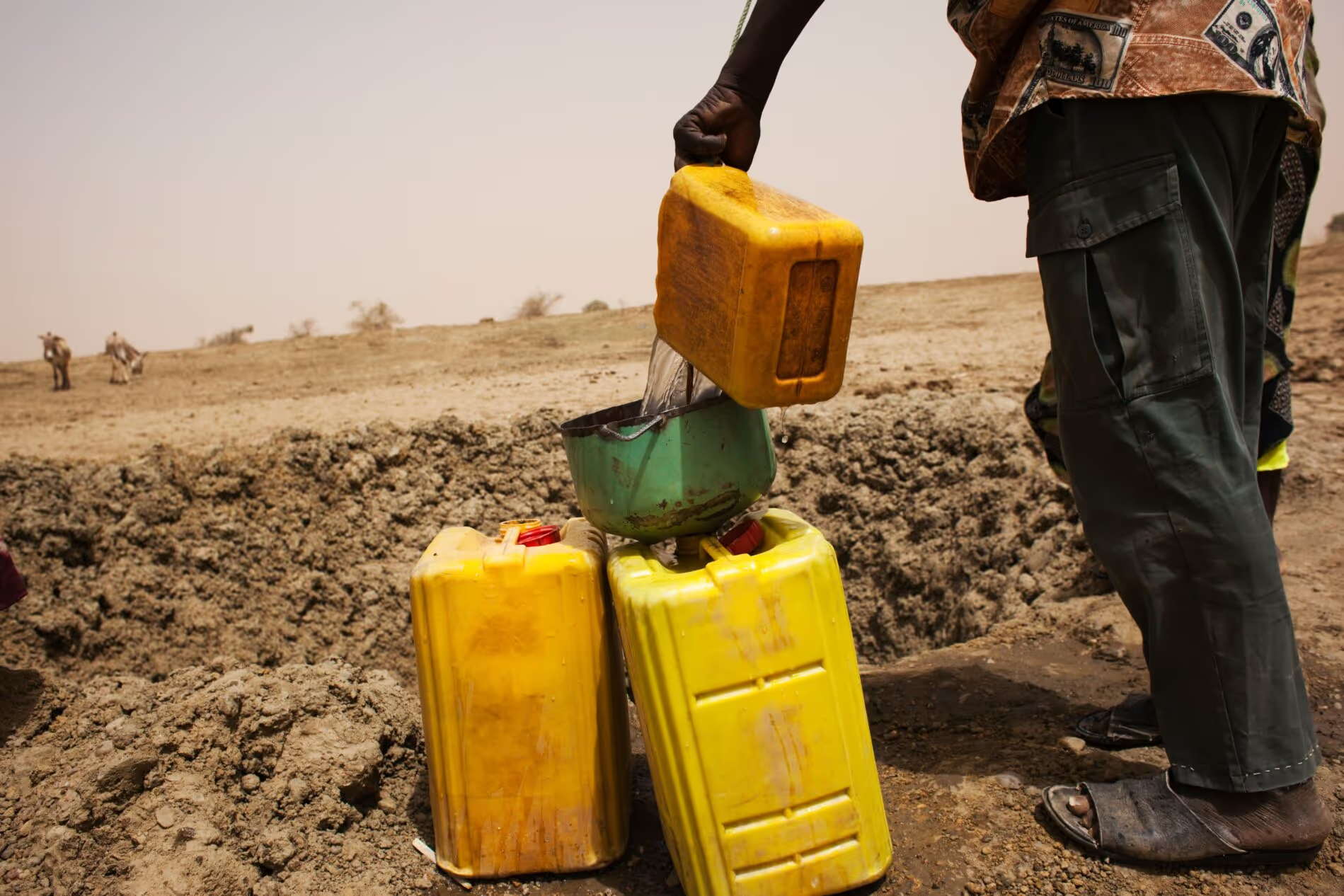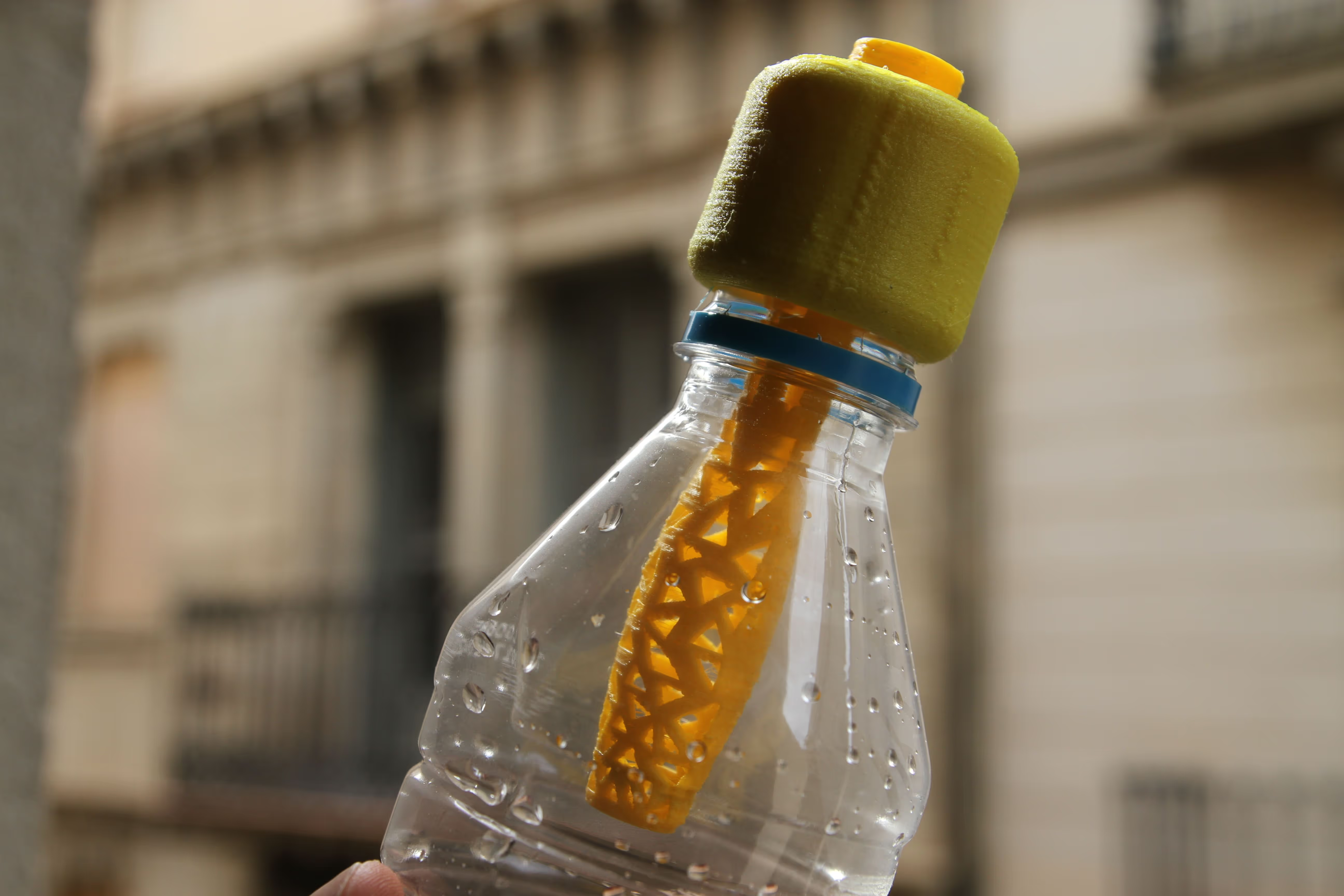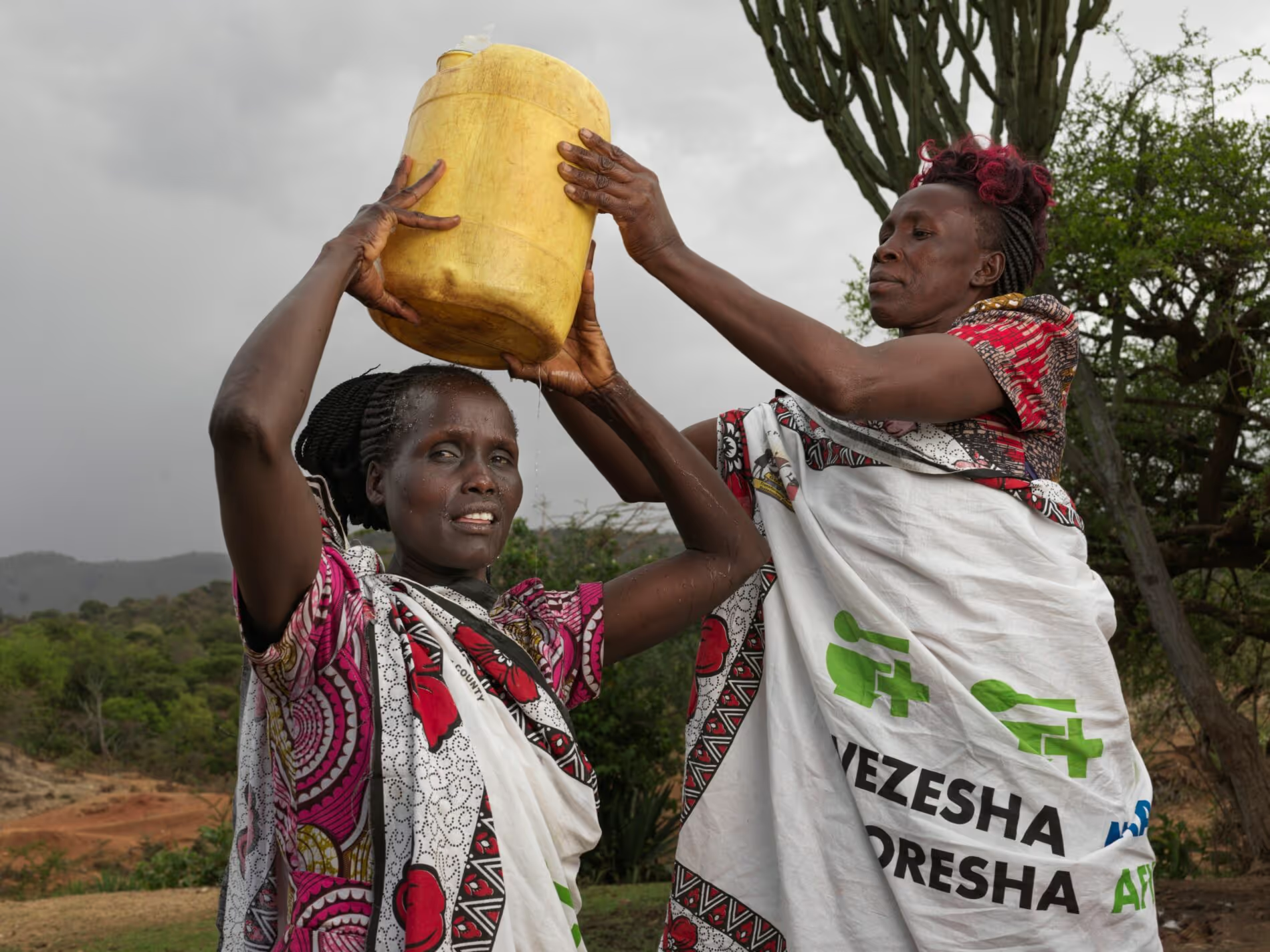Adoption of Innovative Household Water Treatment Solutions in Niger and Somalia

Project overview
Action Against Hunger piloted the Faircap Filter, a low-cost, portable, antibacterial water filter to generate evidence on its effectiveness for domestic water treatment in complex humanitarian emergencies, and support adoption by other humanitarian agencies. The project was implemented in both Niger (among host and displaced communities in the Maradi and Tahoua regions) and Somalia (among internally displaced persons in Afgooye District).
Project solution
This project offers [specific solution or intervention] to tackle [challenge]. By implementing [strategies, tools, or innovations], the project aims to achieve [desired outcomes]. The approach is designed to [specific actions or methods] to bring about meaningful change in [community, region, or issue area].
Expected outcomes
This project aims to achieve [specific outcomes], such as [measurable results, improvements, or changes]. The expected impact includes [benefits to the target community, advancements in research or innovation, or long-term effects]. By the end of the project, we anticipate [specific changes or milestones] that will contribute to [broader goals or objectives].
WHAT HUMANITARIAN NEED WAS ADDRESSED?
The project addressed the critical need for access to safe and clean water in complex humanitarian emergencies. This was particularly focused on internally displaced persons (IDPs) in the Afgooye District of Somalia and host/displaced communities in the Maradi and Tahoua regions of Niger. These populations often rely on surface water, leading to endemic disease outbreaks like Acute Watery Diarrhoea (AWD) and Cholera. The broader implications include increased malnutrition economic strain due to healthcare costs, and environmental impacts from reliance on potentially contaminated water sources.
HOW DID THE INNOVATIVE SOLUTION IMPACT HUMANITARIAN PRACTISE?
In response to the need for safe water access during humanitarian crises, Action Against Hunger piloted and evaluated the use of Faircap Filters in vulnerable populations in Somalia and Niger. In order to build a robust body of evidence, the project team implemented a multi-faceted approach testing the filters' performance through household surveys, analysed water quality against WHO standards, and compared the filters' cost-effectiveness to traditional chlorine treatments.
What emerged was a clear picture: the filters proved effective in meeting water quality standards and were often preferred by users. This data-driven insight allowed the team to identify necessary improvements, like reinforcing filter maintenance training, and ultimately paved the way for local authorities to consider incorporating the filters into broader development policies.
By demonstrating the filters' value through rigorous testing and analysis, the project successfully positioned the Faircap technology for wider adoption and future scaling efforts
WHAT PROGRESS WAS ACHIEVED AND WHAT WERE THE KEY LEARNINGS?
The project successfully distributed Faircap filters to vulnerable households in Niger and Somalia, trained communities on their proper use, and collected data demonstrating significant improvements in water quality. Key milestones included building strong collaborations with local authorities, conducting household surveys to assess user feedback, and performing detailed water quality analyses. Despite these achievements, several challenges emerged, including logistical delays, security and access concerns, and the need for more comprehensive filter maintenance training. The project revealed a high preference for filters over chlorine-based treatment in certain contexts and highlighted how pre-existing water treatment practices influence the added value of household water treatment (HWT) interventions. Overall, the pilot demonstrated the potential of Faircap filters as a cost-effective, user-preferred solution for safe water provision in humanitarian settings.
Key lessons:
- Understanding local water practices and preferences is crucial to maximise adoption and added value of household water treatment.
- Even low-cost, user-friendly technologies require comprehensive, ongoing guidance for proper use and maintenance.
- Early and strong engagement with local authorities and communities is essential for overcoming logistical, security, and cultural challenges.
FUTURE POTENTIAL AND LESSONS LEARNED FOR INNOVATION
Looking ahead, the Faircap filter innovation holds considerable promise, ripe with opportunities for future development and expansion. The key lies in iterative improvements, focusing on enhancing the filter's design to address issues such as flow rate and durability. It's crucial to conduct thorough, context-specific assessments, optimizing the supply chain to avoid logistical hurdles, and prioritising targeted interventions that directly address the needs of populations lacking access to clean water. Deeply engaging with communities and providing comprehensive training and maintenance support are also key factor for success. The path forward involves building collaborations with local manufacturers, integrating the filter into existing WASH programs, and conducting long-term research to truly understand the innovation's impact and sustainability.
DISSEMINATION
01/07/2025-31/12/2025
The primary objective of the current dissemination grant is to increase awareness, uptake, and policy engagement surrounding the Faircap household water filter innovation.
Key activities include:
- Sharing practical results with national WASH stakeholders in Niger.
- Promoting community-level learning through visual storytelling (animated video).
- Contributing to the global WASH dialogue by presenting at the International Water conference in Senegal.
- Strengthening local ownership through engagement with authorities and partners.
- Supporting future scaling by documenting and sharing lessons learned.
These activities will strategically support the continued development and uptake of the Faircap filter by strengthening local ownership, communicating the filter's value, and positioning the innovation within global WASH discourse.
Project delivery & updates
Stay up to date with the latest developments from this project. Here, you will find details on what has been delivered, resources created, and regular updates as the project progresses. Access key documents, reports, and other materials to see how the project is making an impact.

